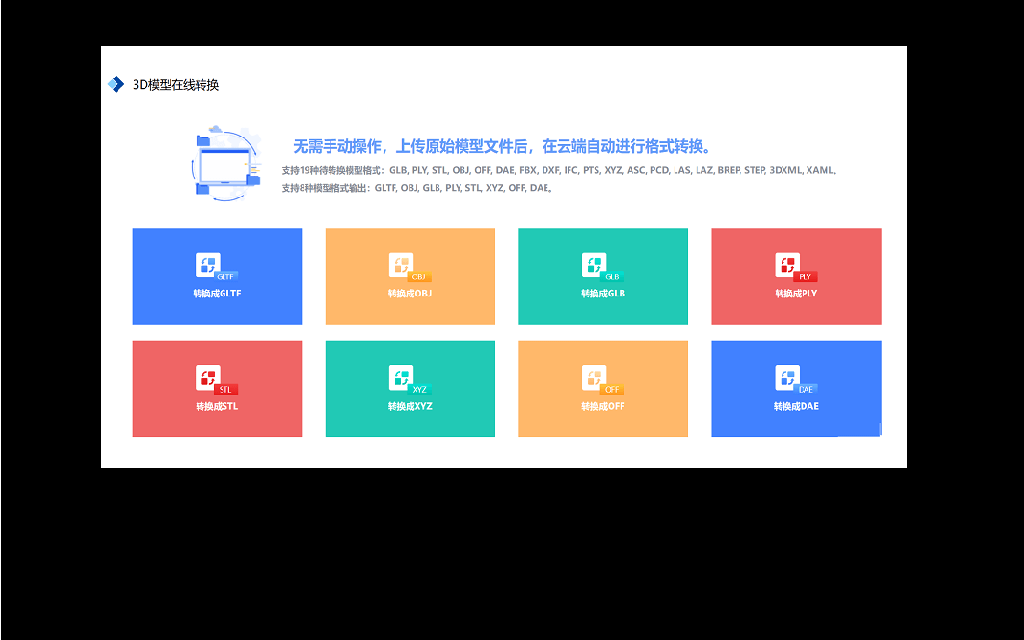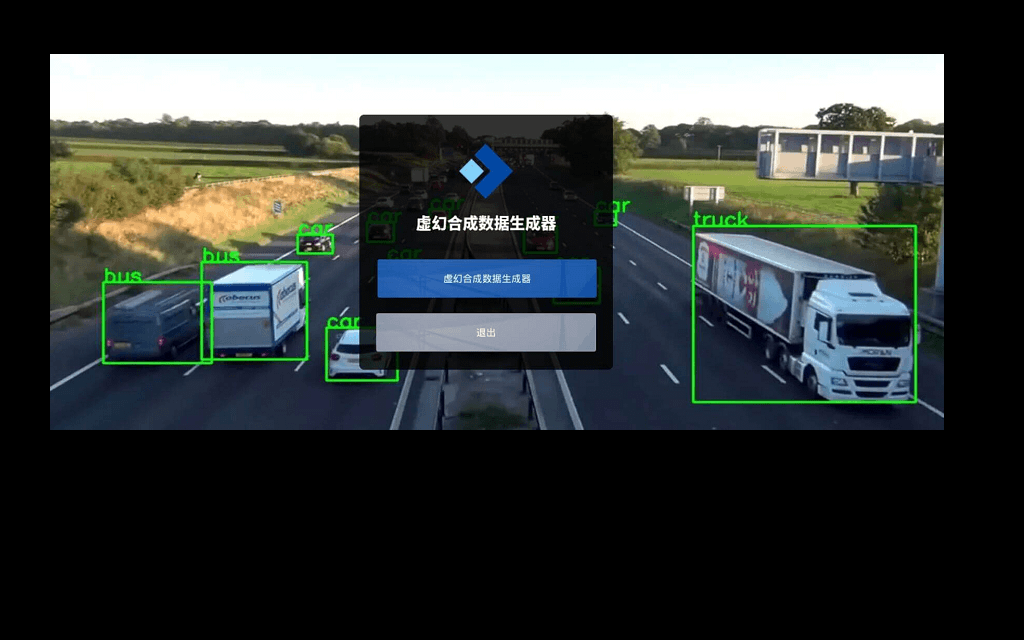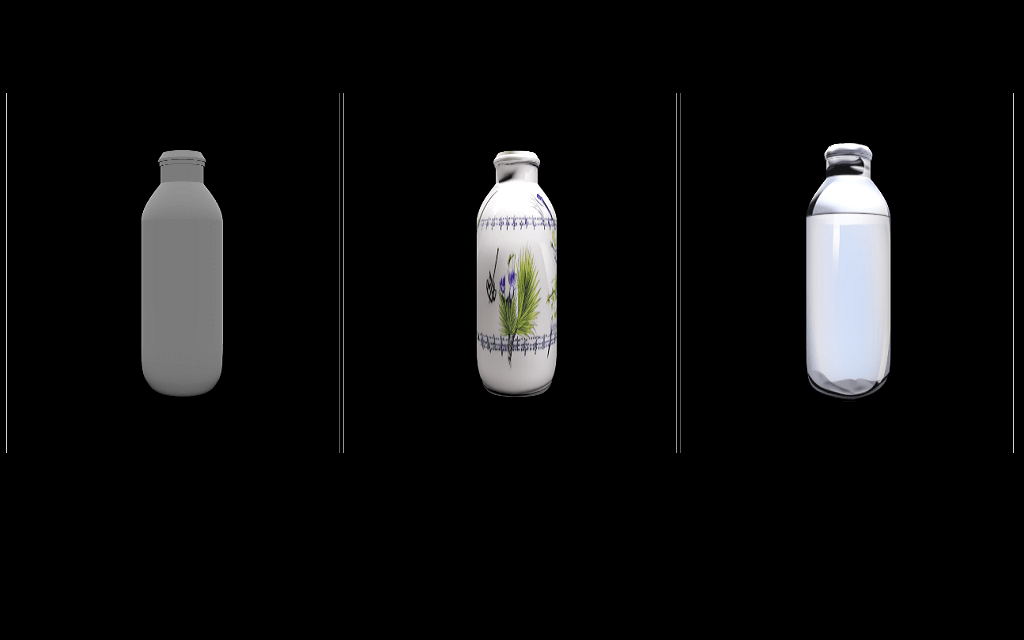<!-- This model card has been generated automatically according to the information the Trainer had access to. You should probably proofread and complete it, then remove this comment. -->
flan-t5-text2sparql-custom-tokenizer
This model is a fine-tuned version of google/flan-t5-base on the lc_quad dataset. It achieves the following results on the evaluation set:
- Loss: 1.8039
Model description
This model uses the T5 tokenizer just for the input and a custom one for the SPARQL queries. This has lead to a dramatic improvement in performance, albeit not quite usable yet.
Intended uses & limitations
Because we used two different tokenizers, you cannot use this model simply in a pipeline. Use the following Python code as a starting point:
from transformers import AutoModelForSeq2SeqLM, AutoTokenizer
model_checkpoint = "InfAI/flan-t5-text2sparql-custom-tokenizer"
question = "What was the population of Clermont-Ferrand on 1-1-2013?"
gold_answer = "SELECT ?obj WHERE { wd:Q42168 p:P1082 ?s . ?s ps:P1082 ?obj . ?s pq:P585 ?x filter(contains(YEAR(?x),'2013')) }"
model = AutoModelForSeq2SeqLM.from_pretrained(model_checkpoint)
tokenizer_in = AutoTokenizer.from_pretrained("google/flan-t5-base")
tokenizer_out = AutoTokenizer.from_pretrained("InfAI/sparql-tokenizer")
sample = f"Create SPARQL Query: {question}"
inputs = tokenizer_in([sample], return_tensors="pt")
outputs = model.generate(**inputs)
print(f"Gold answer: {gold_answer}")
print(" Model:" + tokenizer_out.decode(outputs[0], skip_special_tokens=True))
Gold answer: SELECT ?obj WHERE { wd:Q42168 p:P1082 ?s . ?s ps:P1082 ?obj . ?s pq:P585 ?x filter(contains(YEAR(?x),'2013'))
Model: SELECT?obj WHERE { wd:Q4754 p:P1082?s.?s ps:P1082?obj.?s pq:P585?x filter(contains(YEAR(?x),'2013')) }
Common errors include:
- A stray closed curly brace at the end
- One of subject / predicate / object is wrong, while the other two are correct
Training and evaluation data
More information needed
Training procedure
We trained the model for 50 epochs, which was way over the top. The loss stagnates after about 25 epochs and looking manually at some examples from the validation set showed us that the queries do not improve beyond this point using these hyperparameters. We were aware that the number of epochs was probably too high, but our goal was to find out how many epochs were beneficial to the performance.
There are two avenues we will explore to get rid of these errors:
- Continue training with different hyperparameters
- Apply more preprocessing to the dataset
The results will be uploaded to this repo.
Training hyperparameters
The following hyperparameters were used during training:
- learning_rate: 0.0001
- train_batch_size: 16
- eval_batch_size: 16
- seed: 42
- gradient_accumulation_steps: 4
- total_train_batch_size: 64
- optimizer: Adam with betas=(0.9,0.999) and epsilon=1e-08
- lr_scheduler_type: linear
- num_epochs: 50
Training results
| Training Loss | Epoch | Step | Validation Loss |
|---|---|---|---|
| No log | 1.0 | 301 | 2.6503 |
| 3.2271 | 2.0 | 602 | 2.3894 |
| 3.2271 | 3.0 | 903 | 2.2532 |
| 2.3957 | 4.0 | 1204 | 2.1631 |
| 2.18 | 5.0 | 1505 | 2.0788 |
| 2.18 | 6.0 | 1806 | 2.0195 |
| 2.0209 | 7.0 | 2107 | 1.9681 |
| 2.0209 | 8.0 | 2408 | 1.9353 |
| 1.9087 | 9.0 | 2709 | 1.8936 |
| 1.8114 | 10.0 | 3010 | 1.8683 |
| 1.8114 | 11.0 | 3311 | 1.8556 |
| 1.7254 | 12.0 | 3612 | 1.8284 |
| 1.7254 | 13.0 | 3913 | 1.8099 |
| 1.6556 | 14.0 | 4214 | 1.7932 |
| 1.5891 | 15.0 | 4515 | 1.7823 |
| 1.5891 | 16.0 | 4816 | 1.7691 |
| 1.528 | 17.0 | 5117 | 1.7569 |
| 1.528 | 18.0 | 5418 | 1.7578 |
| 1.4784 | 19.0 | 5719 | 1.7561 |
| 1.4288 | 20.0 | 6020 | 1.7514 |
| 1.4288 | 21.0 | 6321 | 1.7372 |
| 1.3793 | 22.0 | 6622 | 1.7318 |
| 1.3793 | 23.0 | 6923 | 1.7244 |
| 1.3436 | 24.0 | 7224 | 1.7382 |
| 1.3073 | 25.0 | 7525 | 1.7254 |
| 1.3073 | 26.0 | 7826 | 1.7494 |
| 1.2692 | 27.0 | 8127 | 1.7378 |
| 1.2692 | 28.0 | 8428 | 1.7387 |
| 1.242 | 29.0 | 8729 | 1.7290 |
| 1.2107 | 30.0 | 9030 | 1.7391 |
| 1.2107 | 31.0 | 9331 | 1.7458 |
| 1.1817 | 32.0 | 9632 | 1.7528 |
| 1.1817 | 33.0 | 9933 | 1.7521 |
| 1.1661 | 34.0 | 10234 | 1.7672 |
| 1.136 | 35.0 | 10535 | 1.7594 |
| 1.136 | 36.0 | 10836 | 1.7564 |
| 1.1216 | 37.0 | 11137 | 1.7670 |
| 1.1216 | 38.0 | 11438 | 1.7724 |
| 1.1031 | 39.0 | 11739 | 1.7766 |
| 1.0834 | 40.0 | 12040 | 1.7756 |
| 1.0834 | 41.0 | 12341 | 1.7786 |
| 1.0707 | 42.0 | 12642 | 1.7947 |
| 1.0707 | 43.0 | 12943 | 1.7931 |
| 1.058 | 44.0 | 13244 | 1.7925 |
| 1.0489 | 45.0 | 13545 | 1.7939 |
| 1.0489 | 46.0 | 13846 | 1.7969 |
| 1.0421 | 47.0 | 14147 | 1.7982 |
| 1.0421 | 48.0 | 14448 | 1.7994 |
| 1.0357 | 49.0 | 14749 | 1.8018 |
| 1.03 | 50.0 | 15050 | 1.8039 |
Framework versions
- Transformers 4.18.0
- Pytorch 1.10.2+cu102
- Datasets 2.4.0
- Tokenizers 0.12.1


